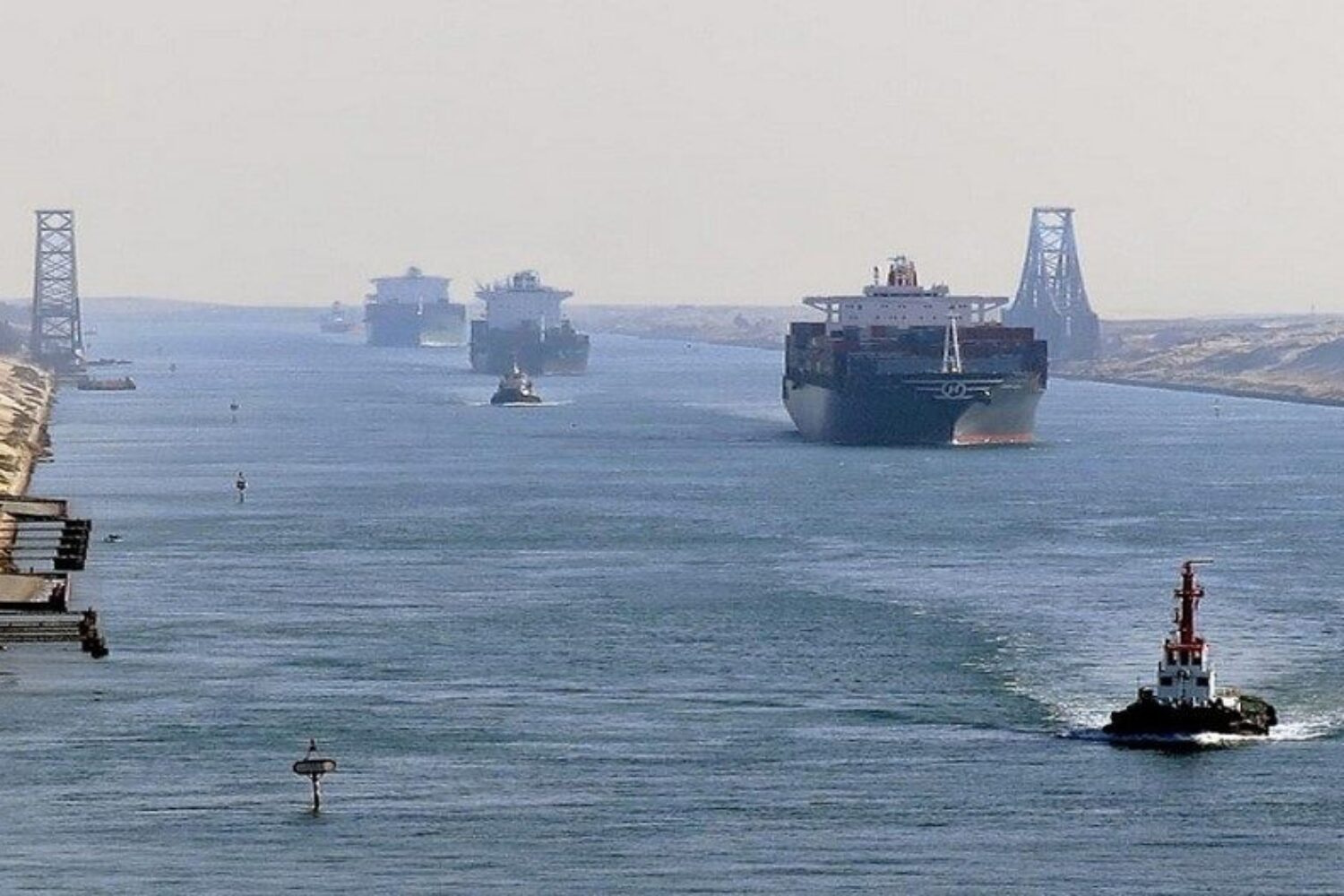The Yemeni Houthis have rejected statements by Donald Trump that they have stopped their attacks in the Red Sea. Meanwhile, Egypt is responding with a discount for the Suez Canal.
Following a meeting with Canadian Prime Minister Mark Carney, Trump declared that the rebels had surrendered and promised not to attack any more ships.
The Houthis disagree. Their spokesman Mohammed Abdulsalam confirmed that the USA had called on Oman to stop the attacks. However, Yemen’s stance remains unchanged. According to Abdulsalam, Trump’s statements were an expression of American frustration.
Passage through the Red Sea remains unsafe
Since the end of 2023, the Houthis have been targeting ships that they associate with Israel. Although the attacks paused at the beginning of 2025 following a ceasefire between Israel and Hamas, they resumed when the agreement broke down. The Houthis are currently concentrating on rocket attacks against Israel.
Despite targeted air strikes by the US and the UK on Houthi positions, passage through the Red Sea remains unsafe. The effectiveness of Western military measures is in question: if merchant ships continue to have to take evasive action, the question arises as to what protection these operations actually offer – and whether they are more likely to further escalate the risk.
Shipping companies are therefore avoiding the route for the most part. Only the French shipping company CMA CGM sails it regularly. It remains to be seen why it is keeping to this route – out of economic calculation, or because special safety agreements have been made that are not available to other market participants?
A long-term disruption to the Suez route would have tangible consequences for the global economy. Supply chains would be extended, freight costs would rise and alternative routes such as the Cape of Good Hope would put a strain on schedules and the environment. At the same time, the geopolitical balance of power is shifting: States with control over alternative sea routes or regional transshipment ports could emerge stronger from the crisis.
At the beginning of May, the aircraft carrier “USS Harry S. Truman” lost a fighter plane when it had to fend off a Houthi missile maneuver. The incident underlines how tense the situation in the southern Red Sea remains.
Egypt responds by lowering fees
Meanwhile, Egypt wants to introduce discounts of up to 15 % on transit fees in order to stop the decline in shipping traffic through the Suez Canal. The measure is set to come into force in the short term as soon as President al-Sisi gives his approval. Revenues from the canal recently plummeted to $880 million (€820 million) in the fourth quarter. This represents a drop of almost two thirds compared to the previous year.
The Suez Canal Authority is thus responding to demands from shipping companies who are calling for financial incentives in view of high insurance premiums. A ceasefire brokered by Oman between the USA and the Houthis also stipulates that both sides will cease attacks. Israel, however, is not affected by this agreement. (rup)













